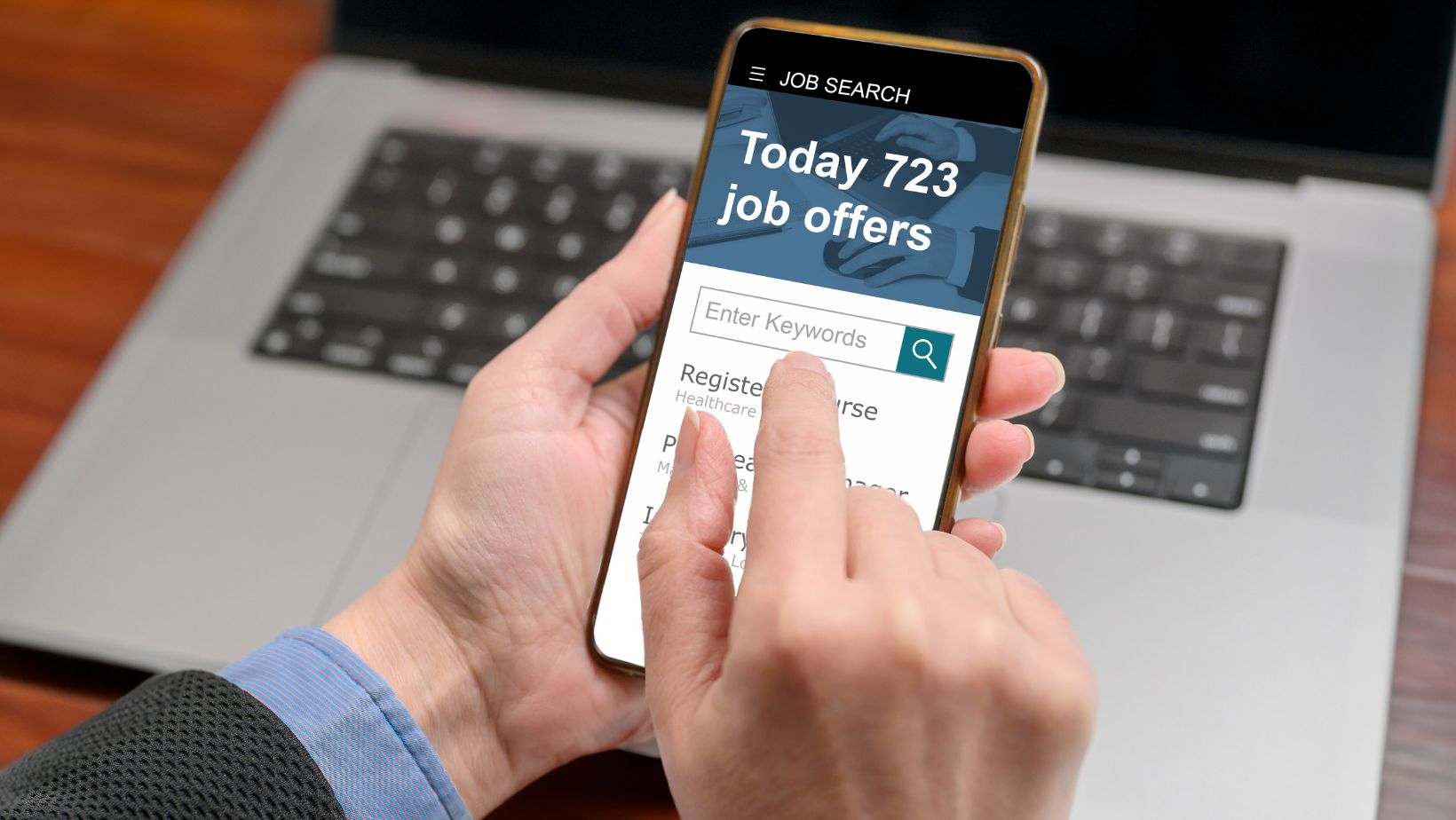
Artificial intelligence is already being used across a wide range of job sectors, and more and more businesses are starting to take advantage of this impressive technology. This includes iGaming brands such as Mr Bet too, for whom AI can analyse huge amounts of data in a very short period of time. This makes it possible, for example, to make more consistent determinations about the tastes of Canadian players who prefer to play a slot online.
So, are there ordinary jobs and common professions where artificial intelligence is used? The answer may surprise you because even jobs that you think only a real human can do can be done by AI.
Customer Service Representatives
One of the first sectors where AI is used is customer representation. It’s easy to understand why: in most cases, you interact with agents via live chat, and a sufficiently advanced chatbot (or virtual assistant) can be no different from talking to a real human being. Moreover, there is no waiting time: AI can start talking to you instantly. If a problem is too difficult to solve, the customer’s complaint can be forwarded to real people.
This increases customer satisfaction because they have access to an assistant who can literally support them 24/7. Chatbots are also advantageous for companies because they can set up a customer support department with a much smaller staff. Since human employees will only deal with complex problems, they can use their time efficiently. The data collected through chatbots can also be used to optimise CRM services.
Retail Workers
The retail industry is one of the sectors that benefit from artificial intelligence. They do this simply through self-checkout systems and automated kiosks. These technologies can completely eliminate the need for cashiers. It is enough for a single person to wait at the kiosks to assist the customer when needed, and in many cases, this may not even be necessary. Self-checkout systems can work much more efficiently than a real cashier and offer the following advantages:
- Inventory management. Artificial intelligence can monitor the company’s inventory in real time.
- Stock levels & reordering. Since AI can track stock levels, it can automatically manage reordering processes.
- Reporting. You don’t have to wait for the end of the day to get sales reports: AI can instantly generate any report you want based on any criteria at any time.
And, just like customer service, retail employees can use their time to engage with customers. Instead of wasting time on routine tasks, they can engage in quality communication that increases the likelihood of a customer coming back.
Administrative Assistants
An administrative assistant mainly deals with repetitive tasks. These mostly mean scheduling, data entry, and managing communications. An AI-powered virtual assistant can do all these much more efficiently and doesn’t need to take breaks. What’s more, it will be much easier to streamline workflows compared to a real human because it can track your entire schedule in real time: AI will not forget any of your appointments or tasks.
For the same reason, a real administrative assistant can focus on higher-level responsibilities that require human judgment and creativity. So, AI doesn’t eliminate the need for them, it just makes their work more efficient (and hassle-free).
Financial Analysts
The task of a financial analyst is to analyse vast amounts of data and draw conclusions about the future. Their main responsibilities are market trend analysis, risk assessment, and financial forecasting. However, all these can also be done by AI, and the results will be much more consistent. This is because AI excels at analysing big data: it can remember far more and identify patterns much better than “humans.”
Once again, this fact does not mean that financial analysts will be out of a job. They can leave the complex and time-consuming part of their work to technology and take on strategic decision-making roles.
Healthcare Workers
Artificial intelligence can also be used to help medical professionals. The scope of this can be quite wide: from recording patient information to diagnostics, it is possible to utilise this technology for many things. For example, we can train AI to analyse medical images, and it can detect tumours or fractures within seconds. Likewise, it can access, analyse and draw conclusions from a patient’s medical history. Once again, real healthcare professionals will have more time to devote to patient interaction and care planning, as AI can take over the time-consuming and human error-prone part of the job.
There is a common feature in all these examples, and that is that artificial intelligence does not leave anyone unemployed. In other words, it does not try to take away people’s jobs as most people worry. On the contrary, it is trying to help them and facilitate their work in accordance with the purpose for which it was created.




